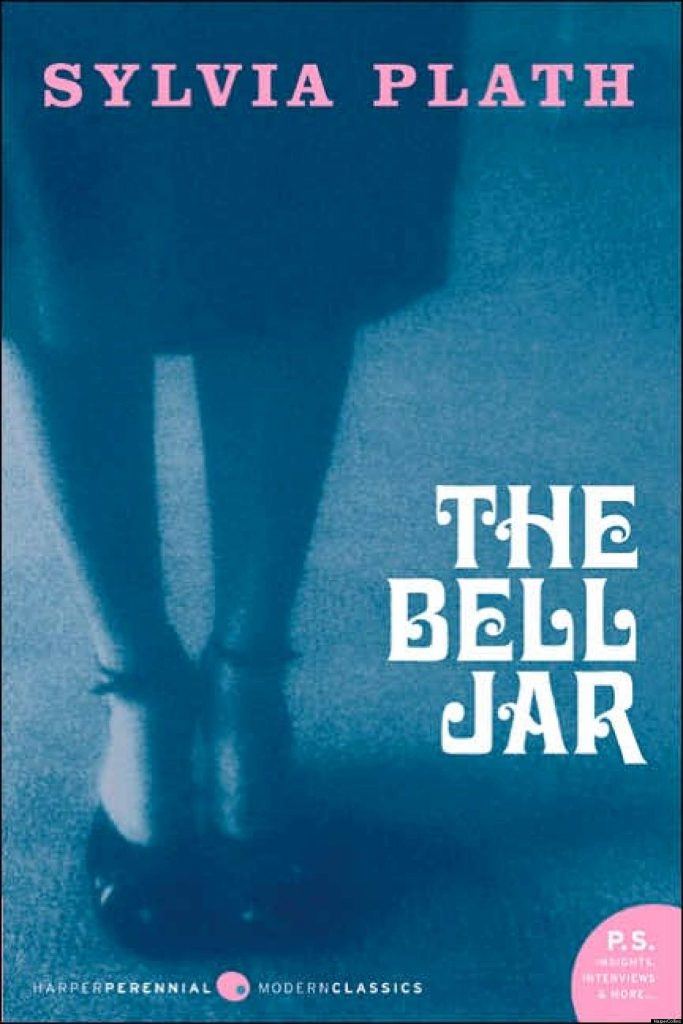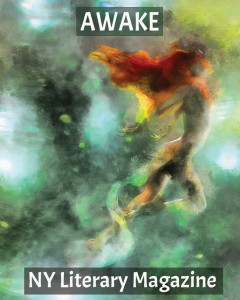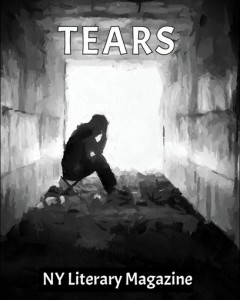Sylvia Plath is one of the most celebrated and controversial poets in American literature. Born October 27, 1932, in Boston, Plath’s works are credited with the advancement of confessional poetry.
In 1982, Plath became the first person to win a posthumous Pulitzer Prize.
Her dynamic and intensely autobiographical works explore her own conflicts with her husband Ted Hughes, her mental health, and her family. Plath’s most renowned work, The Bell Jar, is a semi-autobiographical novel which was published shortly before her death.
The Bell Jar is a highly acclaimed, unforgettable masterpiece.

About The Bell Jar
The Bell Jar chronicles the crack-up of Esther Greenwood: brilliant, beautiful, enormously talented, and successful, but slowly going under — maybe for the last time. Sylvia Plath masterfully draws the reader into Esther’s breakdown with such intensity that Esther’s insanity becomes completely real and even rational, as probable and accessible an experience as going to the movies.
Such deep penetration into the dark and harrowing corners of the psyche is an extraordinary accomplishment and has made The Bell Jar a haunting American classic.
About Sylvia Path’s life
Upon receiving a scholarship, Plath attended Smith College where she excelled not only academically but also as the editor of The Smith Review. As a result of her achievements, she was awarded the position of guest editor at Mademoiselle Magazine leading her to spend a month in New York City.
The events which occurred to her in NYC, caused her to attempt suicide and became the inspiration and substance for her unforgettable, modern classic The Bell Jar.
After being forced to spend six months in psychiatric care, receiving electric and insulin shock treatment under the care of Dr. Ruth Beuscher, Sylvia Plath made what seemed to be a successful recovery and returned to college where she graduated with the highest honors.
She later met her husband, poet Ted Hughes, at the University of Cambridge. The fellow poets were married from 1956 until 1962 and had two children.
In 1962, after her husband left her for another woman, Path fell into a deep depression and struggled with mental illness. She wrote her most memorable work The Bell Jar during that tumulous period before committing suicide in 1963.
Her works, whether she wrote about herself or the world around her, leave no room for politeness, or the faint of heart. This is possibly why people have such passionate reactions to her works, whether with love and admiration or frustration and disdain.
In the New York Times Book Review, former American Poet Laureate Robert Pinsky declared, “Thrashing, hyperactive, perpetually accelerated, the poems of Sylvia Plath catch the feeling of a profligate, hurt imagination, throwing off images and phrases with the energy of a runaway horse or a machine with its throttle stuck wide open. All the violence in her work returns to that violence of imagination, a frenzied brilliance and conviction.”
Plath’s works are anything but ordinary; she manages to give analysis in a way that escapes the run of the mill description of the world around us and the way that we feel.
Her works tell the truths of her life in a way that is so unambiguous it is hard to not feel the pain that she describes as if it were your own.
In short, her works are brilliant.
About Sylvia Path’s works
Plath’s most revered and well-known works are The Bell Jar, Ariel, and The Colossus.
The Colossus and Other Poems was published in the UK in late 1960, by this time Plath already had works published in Harper’s, The Spectator and the Times Literary Supplement. While The Colossus gained major praise and even landed her a contract with The New Yorker, it was Ariel, published in 1965, that established Plath’s reputation as a poet.
Plath’s earlier poems exhibit a use of strong imagery used to compare the world around her with her own life. The poems in Ariel, however, take a departure and delve into a focus on her personal life, mainly dealing with mental illness.
You can find all of Plath’s works on Amazon.











Leave a Reply
You must be logged in to post a comment.